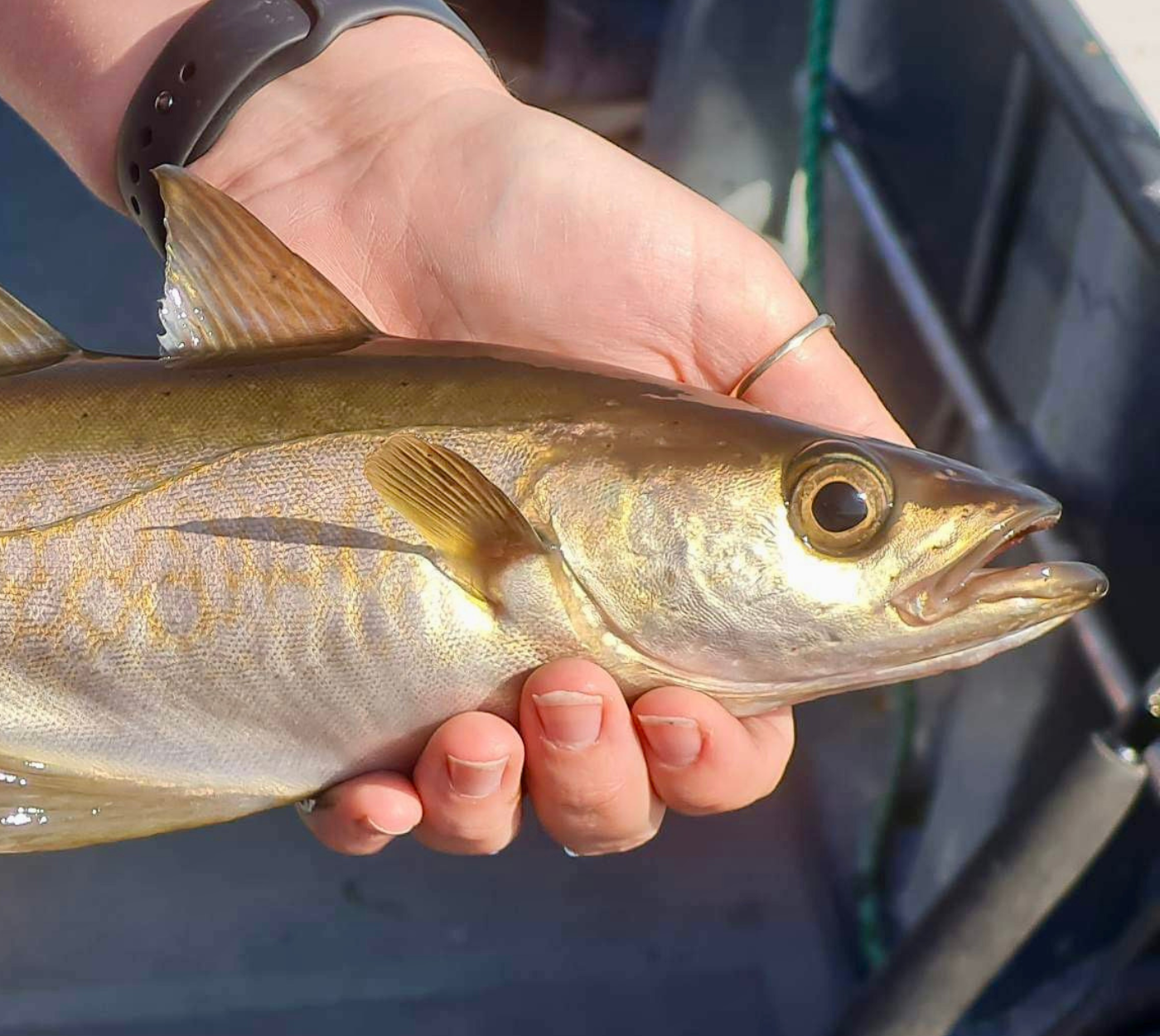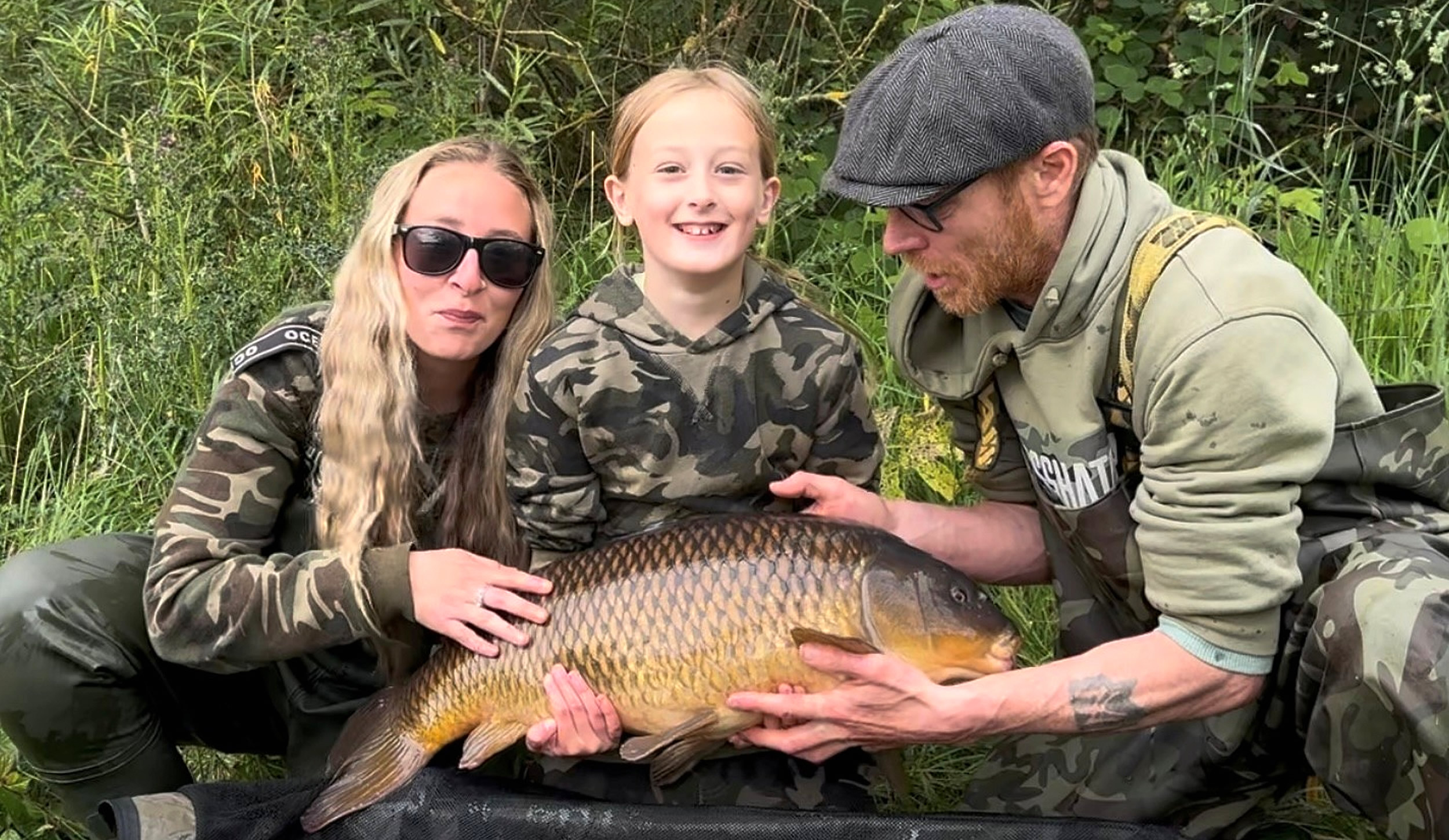
Beyond the Breakers
Angling Trust launches pollack survey to capture recreational anglers’ views on management
The Angling Trust is calling on the sea angling community to take part in a new survey on recreational pollack fishing.
Open now until Sunday 23rd March, this survey is part of the Pollack Fisheries Industry Science Partnership (FISP) project. The research team behind the survey are not policymakers or fisheries managers, but the project’s findings will help inform discussions on the future of pollack stocks. The survey is an opportunity for anglers to have their say and contribute sustainable management of this recreationally important species.
Pollack is a crucial species for recreational sea anglers, providing food, economic support for charter businesses, and valuable leisure opportunities. However, pollack stocks are in decline and there is a recognition by many within recreational angling that we need to play our part in its recovery too.
Take the Pollack Pact: A Voluntary Commitment to Conservation
In response to ongoing concerns about pollack stocks, the Angling Trust in partnership with the Professional Boatmen’s Association (PBA), is launching voluntary best-practice guidelines for recreational pollack fishing. These guidelines aim to support anglers in helping to rebuild pollack populations while maintaining access to the fishery.
Key recommendations include:
- Voluntary Bag Limit: A maximum of five pollack per angler per day to support stock recovery while allowing anglers to take fish for the table.
- Voluntary Minimum Conservation Reference Size: 50cm, ensuring fish have the opportunity to spawn before being retained.
- Avoiding Spawning Pollack: Pollack spawn between January and March; anglers are encouraged to release spawning fish, especially larger specimens over 50cm.
- Safe Release Practices: Using descending devices to improve survival rates for released fish, handling fish carefully, and opting for barbless hooks.
- Rotating Wrecks: Pollack are highly residential; rotating fishing locations helps prevent excessive pressure on specific stocks.
- Environmental Responsibility: Minimising tackle loss and supporting marine conservation initiatives like Anglers Against Litter.
- Citizen Science Participation: Contributing data through projects such as Pollack FISP and the Sea Angling Diary to support evidence-based fisheries management.
Next Steps
- The Angling Trust will release new videos, infographics, and a dedicated website to promote the Pollack Pact voluntary guidelines.
- Following an agreement between the UK and EU, recreational catches are being integrated into the ICES stock assessment for pollack. The Angling Trust will publish a blog explaining what this means for anglers.
- Pollack management is being considered within the Celtic Sea & Western Channel Demersal Fisheries Management Plan.
You might also like

SENSAS FUTURE NETWORKS DO THE DOUBLE DOUBLE IN YOUTH…

NATIONAL GLORY FOR RAMMY AT LINDHOLME

Three British record fish claims ratified

Making plans for kids and holiday activities? Fun, safe…

Get Fishing Fund – Funded Project: Fishing Opens New…

Climate change fuelling dangerous river pollution across England and…

NEW BLOG: The best thing about fishing – from…

Ethan gets his Gold Get Fishing Award – young…

Summer of Fishing 2025 is here – get into…

Get Fishing Awards were at Bristol Festival of Nature…

VIDEO: It’s not all about the fishing… Check out…

ENGLAND TAKE GOLD IN HOME NATIONS BOAT CHAMPS

SENSAS FUTURE NETWORKS DO THE DOUBLE DOUBLE IN YOUTH…

NATIONAL GLORY FOR RAMMY AT LINDHOLME

Three British record fish claims ratified

Making plans for kids and holiday activities? Fun, safe…

Get Fishing Fund – Funded Project: Fishing Opens New…

Climate change fuelling dangerous river pollution across England and…

NEW BLOG: The best thing about fishing – from…

Ethan gets his Gold Get Fishing Award – young…

Summer of Fishing 2025 is here – get into…

Get Fishing Awards were at Bristol Festival of Nature…

VIDEO: It’s not all about the fishing… Check out…

ENGLAND TAKE GOLD IN HOME NATIONS BOAT CHAMPS

SENSAS FUTURE NETWORKS DO THE DOUBLE DOUBLE IN YOUTH…

NATIONAL GLORY FOR RAMMY AT LINDHOLME

Three British record fish claims ratified

Making plans for kids and holiday activities? Fun, safe…

Get Fishing Fund – Funded Project: Fishing Opens New…

Climate change fuelling dangerous river pollution across England and…

NEW BLOG: The best thing about fishing – from…

Ethan gets his Gold Get Fishing Award – young…

Summer of Fishing 2025 is here – get into…

Get Fishing Awards were at Bristol Festival of Nature…

VIDEO: It’s not all about the fishing… Check out…









